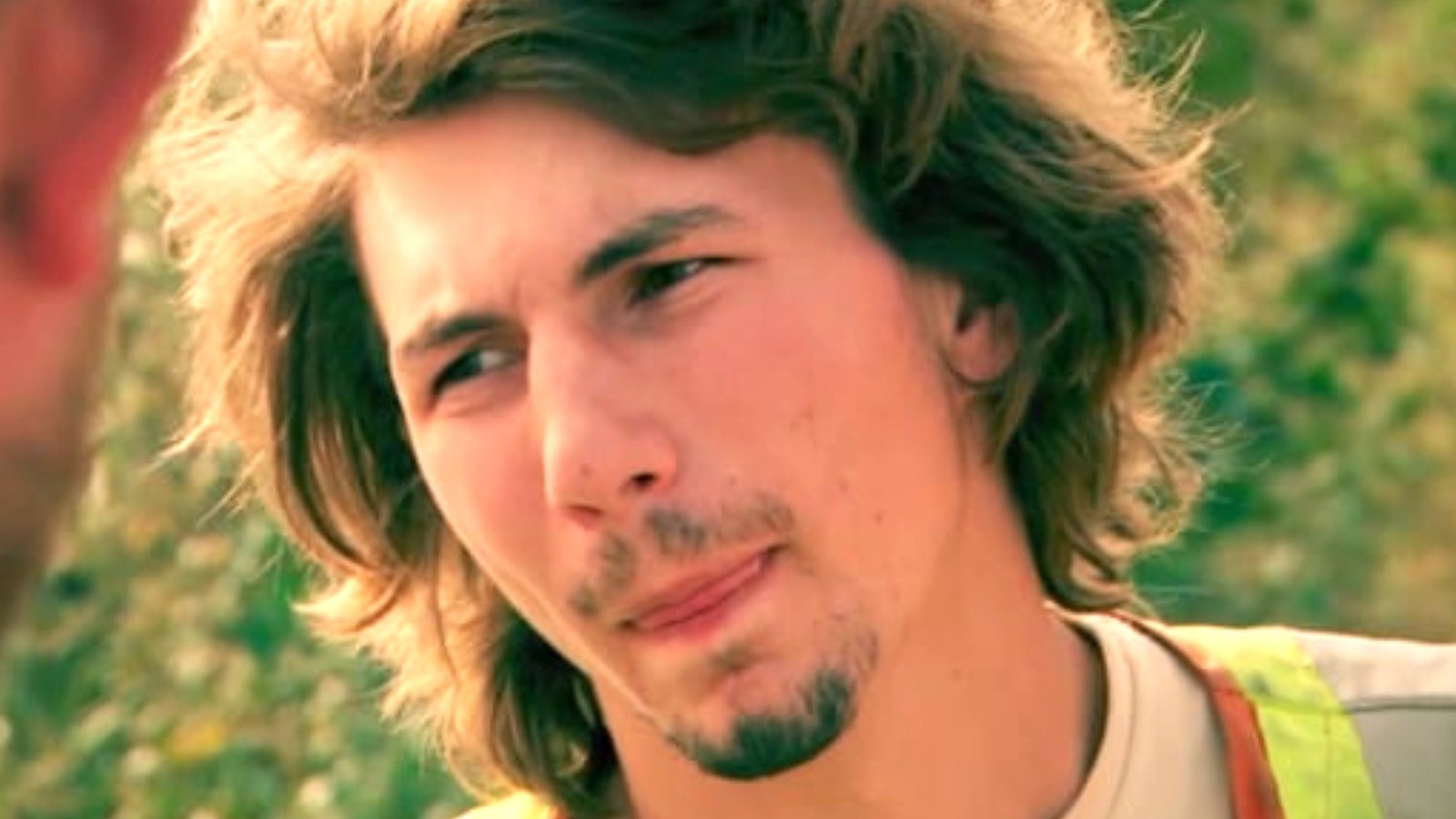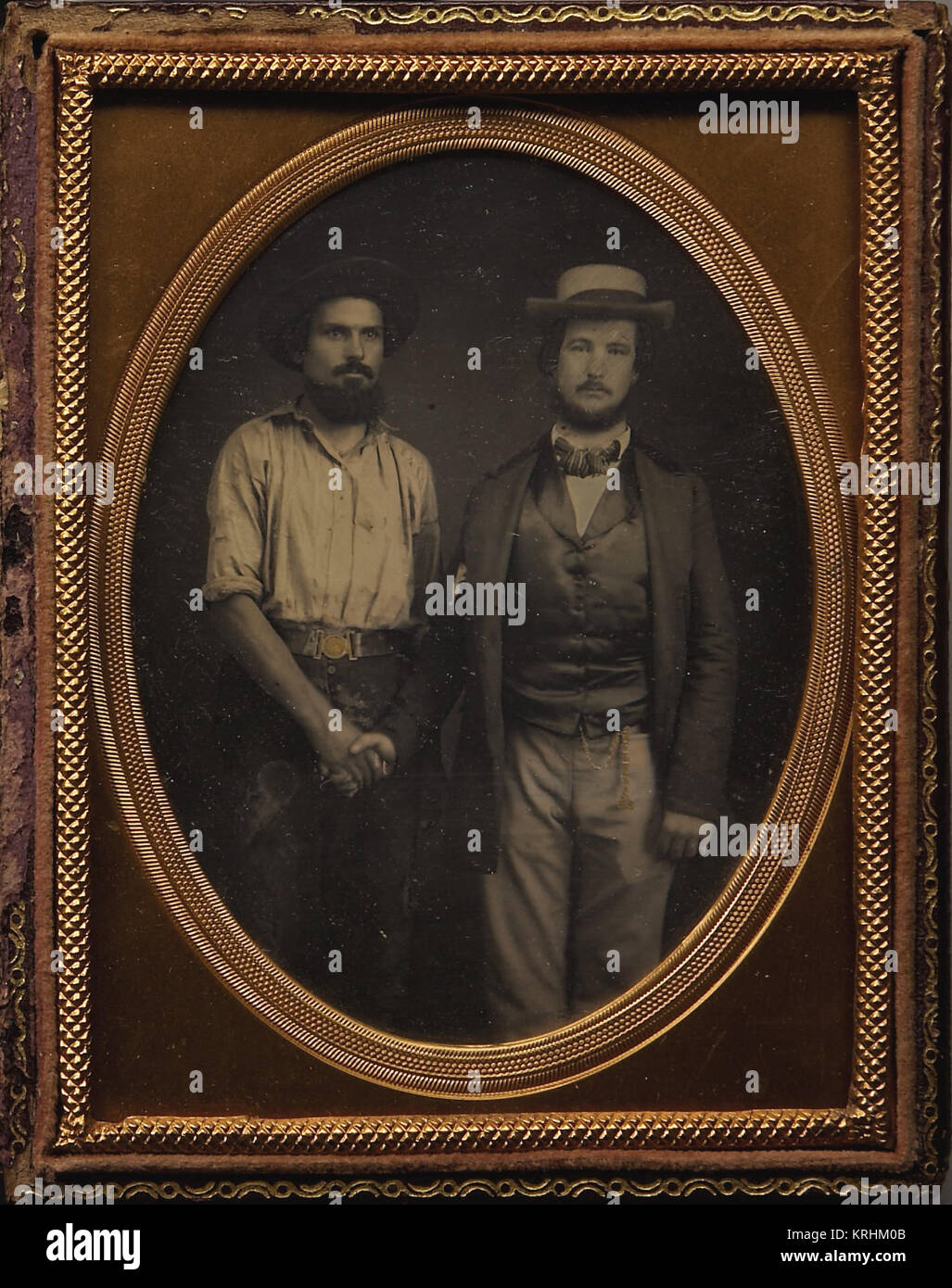The allure of gold has, for ages, pulled people toward wild places and difficult tasks. In the mid-1800s, this shiny promise sparked a great rush in California. Thousands left their homes, dreams of quick riches filling their heads. Yet, as many found out, the path to fortune was often very short, and for some, it ended in tragedy. So, too it's almost, this story is less about finding gold and more about the tough price paid by those who sought it.
Many hopefuls arrived, ready to dig and pan, to literally pull wealth from the earth. A miner, you see, is a person who extracts ore, coal, chalk, clay, or other minerals from the earth through mining. This kind of work, as history shows, was incredibly hard and often quite dangerous. The dream of striking it rich overshadowed the very real dangers lurking in the rivers, mountains, and makeshift towns.
People often ask, "What miner died on the Gold Rush?" It is a simple question, yet it holds a much more complex answer than one might think. The truth is, no single famous miner stands out as *the* one who died. Instead, countless individuals met their end, their names often lost to the rough conditions and the passage of time. Their stories, though not individually famous, paint a grim picture of the era, you know?
- Baby Balloon
- Country Singer Johnny Rodriguez
- Beauty With Trinity
- Soleus Air Window Ac
- Davids Bridal In Fayetteville
Table of Contents
- The Lure and the Peril
- The Grim Toll: How Many and Why
- Unnamed Heroes: The Faces Behind the Figures
- The Legacy of Loss
- Frequently Asked Questions (FAQs)
The Lure and the Peril
The California Gold Rush, starting in 1848, brought people from all corners of the globe. They came seeking gold, a chance to escape poverty, or just a new start. These were mostly young men, full of hope, but often lacking experience in the rough outdoors. They pictured themselves finding huge nuggets, but the reality was a bit different, honestly.
The journey itself was quite treacherous. Many traveled overland by wagon, facing deserts, mountains, and sometimes hostile encounters. Others took ships around Cape Horn or across the Isthmus of Panama, dealing with storms, sickness, and delays. Just getting to California was a feat, and many didn't make it, by the way.
Once they arrived, the mining camps were not the picture of order or comfort. They were often crowded, dirty, and lacked basic services. Food was expensive, shelter was scarce, and clean water was a rare thing. This rough way of living set the stage for much suffering and, for many, an early end, you know?
The Grim Toll: How Many and Why
It is difficult to put an exact number on how many miners died during the Gold Rush. Records were often poorly kept, if at all. However, historians believe that thousands perished. Some estimates suggest that perhaps one in ten gold seekers died within six months of arriving in California. This was a very, very high death rate, for example.
The causes of death were varied, yet mostly tied to the harsh conditions of the time. It wasn't just about rocks falling or pickaxe accidents. Life in the gold fields was a constant struggle against the elements and human nature, in a way.
Disease and Sickness
By far, the biggest killer during the Gold Rush was disease. Cholera, dysentery, scurvy, and typhoid fever spread quickly through the crowded, unsanitary camps. Miners lived close together, often without proper sanitation or clean drinking water. This made them very vulnerable to illnesses that could sweep through a camp like wildfire, you know?
Many miners, weakened by poor nutrition and hard work, had little resistance. Medical care was nearly non-existent in remote areas, and even when available, it was very expensive and often ineffective. A simple fever could turn deadly, pretty much, and many succumbed to ailments that are easily treatable today.
Accidents and Collapses
The work of a miner, as described, involves extracting materials from the earth. This work itself carries significant dangers. Miners used basic tools like picks, shovels, and sluice boxes. They dug into hillsides, diverted rivers, and worked in dangerous pits. Accidents were common, actually.
Tunnel collapses, falling rocks, and drowning in swift rivers were frequent occurrences. Explosions from blasting powder, though less common, also happened. The rush to find gold often meant safety was an afterthought, leading to many avoidable tragedies. It was a very risky business, to be honest.
Violence and Lawlessness
The Gold Rush attracted all sorts of people, not just honest prospectors. With so much wealth changing hands and little formal law enforcement, crime was a serious problem. Robberies, disputes over claims, and outright murders were not unheard of. This environment of lawlessness added another layer of danger for the miners, you see.
Many disputes were settled with fists or firearms, rather than through any legal system. Racial tensions and xenophobia also led to violence against various immigrant groups. This meant a miner could lose their life not just to the earth, but to another person, in short.
Environmental Extremes
California's climate could be quite harsh. Summers were brutally hot, leading to heatstroke and dehydration. Winters brought freezing temperatures, heavy snows, and flash floods. Miners often lived in flimsy tents or makeshift shelters, offering little protection from the elements, as a matter of fact.
Exposure to these extremes, combined with poor clothing and inadequate food, weakened many miners. Some froze to death, others were swept away by swollen rivers, and some simply succumbed to the sheer exhaustion of working in such conditions. It was a constant battle against nature, more or less.
Unnamed Heroes: The Faces Behind the Figures
When people ask, "What miner died on the Gold Rush?", they are often looking for a specific name, a famous figure whose tragic end defines the era. Yet, the history of the Gold Rush is not marked by one singular, well-known deceased miner. This is perhaps one of the most poignant truths of that time, you know?
Why No Single Famous Deceased Miner?
The reasons why no single miner stands out for their death are several. First, as mentioned, records were poor. Many miners were transient, moving from camp to camp. If they died, their bodies might have been buried quickly, their names perhaps not even known to those around them. This made tracking individual fates very difficult, actually.
Second, the sheer number of deaths meant that no single fatality stood out more than another. It was a common occurrence, sadly. Unlike a famous person who might die in a unique way, the deaths of Gold Rush miners were often tragically mundane: sickness, accident, or violence, all too common in the rough camps. So, in some respects, their anonymity is part of the story.
Third, the focus of the time was on the living, on those still searching for gold. The dead were a sad reality, but the drive to find riches meant little time was spent mourning or documenting individual losses in a way that would make them historically prominent. This means that, for the most part, we remember the collective struggle, not individual tragedies, that is that.
Stories of Loss, Though Not Singularly Famous
While we cannot name *the* miner who died, we can imagine the stories of many. Picture a young man, let's call him Thomas, who left his family in New England. He worked tirelessly, often standing in icy river water, panning for hours. He might have contracted dysentery from tainted water, becoming too weak to work, then too weak to even stand. His friends, if he had any close by, might have tried to help, but with no medicine, Thomas would simply fade away, a common story, apparently.
Or consider Maria, one of the few women who ventured to the gold fields, perhaps running a boarding house or cooking for miners. She might have succumbed to cholera, a swift and terrible illness that took many lives within days. Her passing, like so many others, would be a quiet tragedy in a loud, busy place. These are the kinds of stories that represent the deaths of the Gold Rush, rather than one specific individual, you know?
The dangers were real for everyone, whether they were digging for gold or providing services to those who did. From the prospector crushed by a rockfall in a poorly dug tunnel to the merchant who fell ill with typhoid, the Gold Rush was a period where life was often short and brutal. Their names might be lost, but their collective struggle and sacrifice remain a powerful part of American history, basically.
The Legacy of Loss
The Gold Rush, for all its promise of wealth, left behind a legacy of immense human cost. The thousands who perished, unnamed and unremembered individually, represent the true price of that golden dream. Their deaths shaped the history of California, pushing for better infrastructure, more organized towns, and eventually, a semblance of law and order, in a way.
Looking back from today's perspective, we can appreciate the sheer determination and grit of these early miners, but also reflect on the extreme risks they faced. Their stories, though often generalized, remind us of the harsh realities of historical resource extraction. Learn more about mining history on our site, and link to this page for more historical context.
The question "What miner died on the Gold Rush?" serves as a powerful reminder that the true impact of such events is often found in the collective experiences of ordinary people, not just the famous figures. It is a story of hardship, hope, and ultimately, a great deal of loss. For more on the Gold Rush era, you might check out resources like the California Historical Society, for instance.
Frequently Asked Questions (FAQs)
Here are some common questions people ask about deaths during the Gold Rush:
How many people died in the California Gold Rush?
While exact numbers are hard to come by, historians estimate that thousands of people died during the California Gold Rush. Some sources suggest that perhaps one in ten gold seekers died within their first six months in California, which is a significant number, pretty much.
What was the most common cause of death during the Gold Rush?
The most common cause of death during the Gold Rush was disease. Illnesses like cholera, dysentery, scurvy, and typhoid fever spread quickly through the crowded, unsanitary mining camps. Poor nutrition and lack of proper medical care made these diseases especially deadly, you know?
Did anyone get rich and die in the Gold Rush?
It is possible that some individuals who found wealth also died during the Gold Rush, though their deaths might not be specifically famous because of their riches. The dangers of the era affected everyone, regardless of their financial success. Death was a constant companion, for example.
- Gloss Blonde Hair
- Shannon Coleman
- Read I Turned My Childhood Friend Into A Girl
- 20 S Park St Madison Wi
- Atl 2 Movie


